





Antiseptics
Antiseptics (Greek anti-– against; opposite property, action, situation + Greek septikos – putrefactive, causing rotting; synonym: antiputrefactive method, устар.) – a complex of treatment-and-prophylactic actions which are directed to destruction of microbes in wounds, other pathological educations or an organism in general.
Allocate the following types of antiseptics:
- Biological – is carried out by means of bacteriostatic or microbicides of a biological origin (phytoncides, bacteriophages, antibiotics, etc.);
- Deep – is based on infiltration of fabrics with the maintenance of microflora solution antimicrobic (as a rule, biological) means which is entered by means of an injection;
- Local – is based on introduction of antimicrobic means to the abscess cavity or wounds infected a perigastrium, etc.;
- Mechanical – is based on removal from a wound of liquids, fabrics, foreign bodys with the contagiums which are on and/or in them; drainage, a section or excision of a wound, etc. belongs to such methods;
- The general (synonym: "the therapy sterilizing big") – is based on peroral, intravascular or intramuscular introduction to fabrics and blood of substances with low organotropic and high bakteriotropny action (streptocides, antibiotics);
- Superficial – is based on drawing on a wound surface, mucous membranes, skin of antimicrobic means in the form of solutions, ointments, powders, aerosols;
- Physical – is based on use of physical factors: ultrasound, hypertonic salt solutions, hygroscopic bandages, ultra-violet radiation, dry heat, etc.;
- Chemical – is carried out by means of chemicals with bacteriostatic or bactericidal action.
Each person has not only unique fingerprints, but also language.
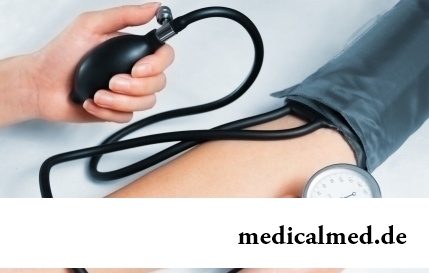
Stroke (acute disorder of cerebral circulation) – one of the most widespread neurologic diseases. Annually in the world...
Section: Articles about health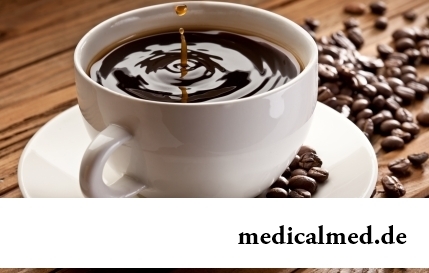
Coffee – favourite drink of many. For the last decades it more than once already declared very harmful, extremely useful and even necessary for normal life activity. In spite of the fact that this product became for us usual for a long time, exists much...
Section: Articles about health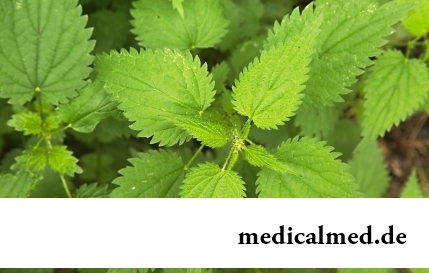
What is in our understanding weeds? It plants which are considered to be suitable only for compost pits and feeding of animals. Meanwhile, among the weeds growing literally under legs it is possible to find the mass of the officinal herbs having invaluable advantage for human health. It is possible not only to be treated by most of them, using as broths, tinctures, compresses, but also to accept in food as usual products. Let's consider 8 widespread and often ignored by people...
Section: Articles about health
Urogenital candidiasis (milkwoman) – a fungal infection which annoys unpleasant feelings in the field of generative organs, сопр...
Section: Articles about health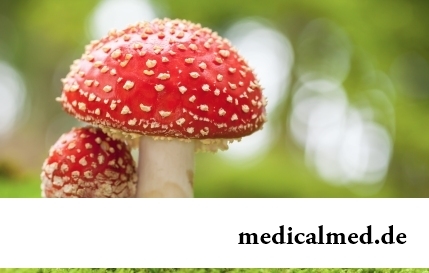
Mushrooms - the surprising inhabitants of our planet having a set of wonderful qualities. Thanks to one of them, a mold mushroom of Penicillium notatum, the first natural antibiotic - penicillin was received nearly 80 years ago. The mankind is obliged to this opening миллио...
Section: Articles about health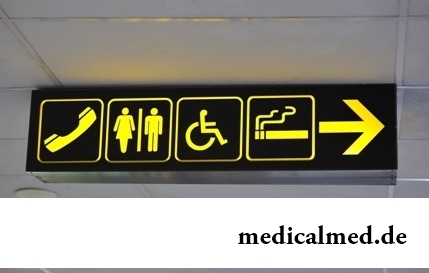
The saying "the rich do not know how the other half lives" is known to all. In a broad sense it is that we can not always understand the person whose features of a state are unknown to us. If with physiological characters of diseases the situation is more or less clearly (having noticed them, we realize that to the person nezdorovitsya), then with symptoms of the illnesses affecting the mental sphere everything is much more difficult. Not absolutely usual behavior is quite often perceived surrounding as a ridiculous eccentricity, or that much ху...
Section: Articles about health
Any person who faced a disease knows that treatment costs expensive. It belongs also to consultations qualified the specialist...
Section: Articles about health
The medicine promptly develops, and the fact that else quite recently it seemed by miracle can now. We are not surprised any more to the fact that people with artificial joints and extremities can play sports, organ transplantation became a routine, and the latest cancer medicine п...
Section: Articles about health
Nightmares belong to the most unpleasant frustration. Statistically, they happen at 4% of adults, and almost at 70% of children and teenagers. During a nightmare of people dreams himself in extremely difficult, life-threatening situation. He wakens suddenly, in a condition of a fright, and, as a rule, remembers the dream distinctly. The feeling of depression and alarm does not release throughout the day, creating hindrances for work and normal communication. If such episodes repeat often, can р...
Section: Articles about health
For the person who daily since morning gathers for work it is very important to wake up vigorous and ready by day of work. On most...
Section: Articles about health
Antibiotics - - it is possible to call the chemical compounds suppressing growth of bacteria the break in the field of medicine which allowed to save mankind from many diseases incurable earlier: tuberculosis, plague, syphilis and many others. A contribution of drugs to rescue of people from...
Section: Articles about health
For the city dweller the fitness is the most convenient sport. It is enough to acquire the subscription to the gym to get access to various apparatuses and an opportunity to train under the leadership of the experienced consultant. Many consider fitness the best way of maintenance of physical shape and receiving dynamic loads which the people occupied preferential with brainwork so need. Nevertheless, representations of most of consumers of similar services about специф...
Section: Articles about health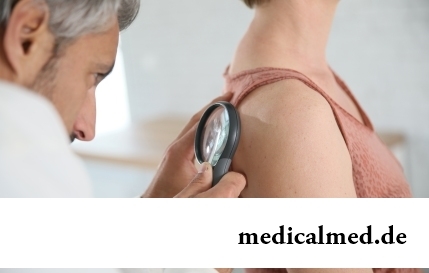
Scientists have no unambiguous opinion on a proximate cause of emergence of a carcinoma cutaneum today. Are precisely established only фа...
Section: Articles about health
Aspirin (acetylsalicylic acid) – one of those drugs which are known literally to all. It is available in each home first-aid kit, and many accept it at the first signs of an indisposition, often without having a fair idea of properties and a therapeutic eff...
Section: Articles about health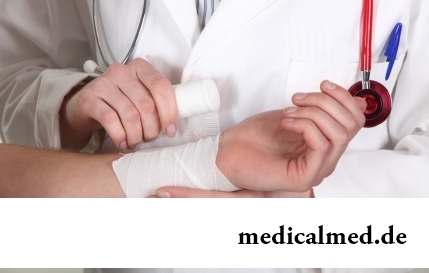
The words "disease" and "patient" not without reason come from one root – "pain". As a rule, symptoms of illnesses thoroughly spoil to patients life. However from this rule there are exceptions. Some diseases are shown by signs which can cause even positive emotions. It is a pity only that the majority of such illnesses are heavy and incurable....
Section: Articles about health
The problem of diagnosis was and remains to one of the most important in medicine. From that, the reason недо will be how precisely defined...
Section: Articles about health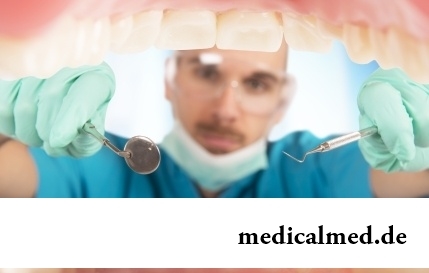
White teeth and the Hollywood smile – a dream of many people. Long time was considered that the plaque on teeth and change of their color – destiny of those who incorrectly eat smokes and badly brushes teeth. But the paradox is available: at everything the variety of toothpastes existing today...
Section: Articles about health
More than a half of the married couples which faced prostatitis – leave. The new broadcast "Female View of Prostatitis" will help to learn – whether you have or your relatives problems....
Section: Articles about health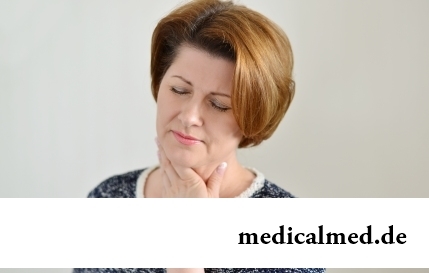
Each person has easy indispositions which he transfers "standing", trying not to ask for medical care. Argu...
Section: Articles about health
The modern person not always manages to find housing in the environmentally friendly region and such work which would not do harm to health. With food stuffs at first sight the situation is much better: shops are overflowed with goods which are positioned пр...
Section: Articles about health
The popular expression "run from a heart attack" became the motto of the people supporting active lifestyle. Moreover, run became a peculiar fashionable tendency: sales of racetracks and the accompanying goods for run are at permanently high level. Whether really it is possible for one and all people and it is necessary to run to receive the portion of health, a charge of cheerfulness and good mood?...
Section: Articles about health
Iodine - one of thirty most important microelements in our organism. The main role of iodine consists in synthesis thyroid гормо...
Section: Articles about health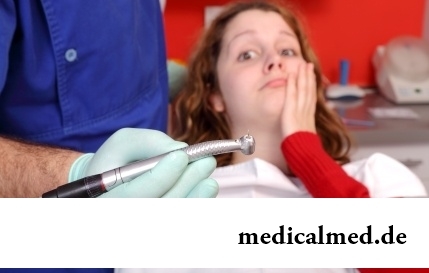
Statistically, can only one of ten of our compatriots brag of a decent condition of an oral cavity. Six teeth affected with caries are the share of the average Russian. For comparison, this indicator for Europeans almost six times exchanges...
Section: Articles about health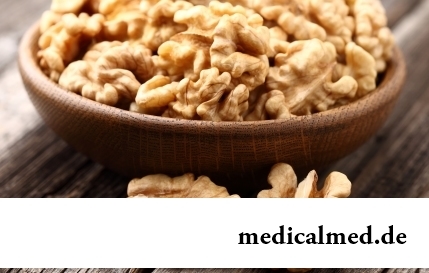
With age in a human body harmful substances collect. We receive them with food and water, at inhalation of the contaminated air, reception of medicines, use of household chemicals and cosmetics. A considerable part of toxins accumulates in a liver which main function is continuous purification of blood. This body begins to knock as any got littered filter, and efficiency of its work decreases....
Section: Articles about health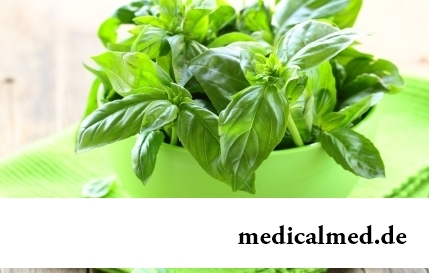
Several decades ago the basil (the district khan, реан, Reagan) was considered as a part of the Caucasian or east cuisine, but today it is strong for...
Section: Articles about health
Women quite often suffer from complexes concerning the sizes of the bust. Strangely enough, not too modest, and excessively curvy shapes become the reason of sincere discomfort sometimes. Except psychological problems, a big bust sometimes with...
Section: Articles about health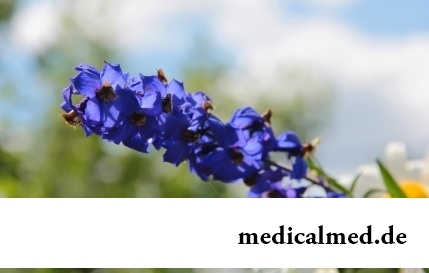
It is impossible to imagine human life in which there would be no plants. Practically in each apartment and any production room there are window plants, millions of people with pleasure are engaged in gardening and truck farming, many citizens spend free time on seasonal dachas. However we very seldom pay attention to those properties of our green pets who can make the neighbourhood with them unpleasant and even unsafe....
Section: Articles about health
